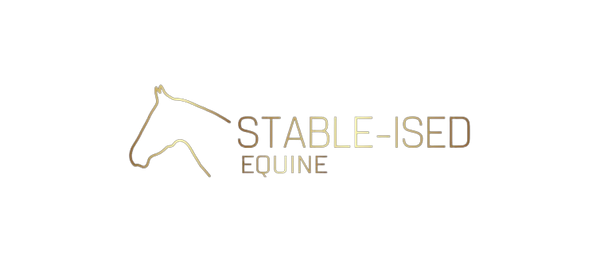Symptoms of Equine Gastric Ulcer Syndrome can include the following:
- Loss of appetite.
- Difficulty gaining and maintaining weight.
- Recurring episodes of colic.
- Behavioural changes such as aggression or agitation.
- Poor performance or reluctance to follow cues.
- Wind-sucking/cribbing or wood chewing.
- Poor coat and skin health despite a nutritious diet.
To delve a little deeper into diet…
- Horses are physiologically designed to be ingesting and digesting roughage almost continuously and require a minimum of approximately 1.5-2% of their bodyweight daily in pasture and/or hay. Studies have shown that horses can develop ulcers in as little as 3-4 hours without access to forage.
- Horses will vary in how much or how little amylase (the enzyme that breaks down starch to make it digestible) they produce. This is why some horses cope better on grain-based diets than others.
- For horses prone to ulcers, aim to feed them equal to or less than 2g of starch per 100kg body weight over a 24-hour period, or 1g of starch per 100kg body weight per meal. This is only a guideline, and some horses who are particularly sensitive will need to be provided with less starch daily.
- Regardless of susceptibility to gastric ulcers, I encourage my clients to be vigilant with reading the ingredients list of what they are feeding their horses and keep in mind that not all marketing is factual. I could produce a premixed feed based on barley and corn and slap “ulcer-friendly” on the front of the bag and there isn’t much that would be done about it.




